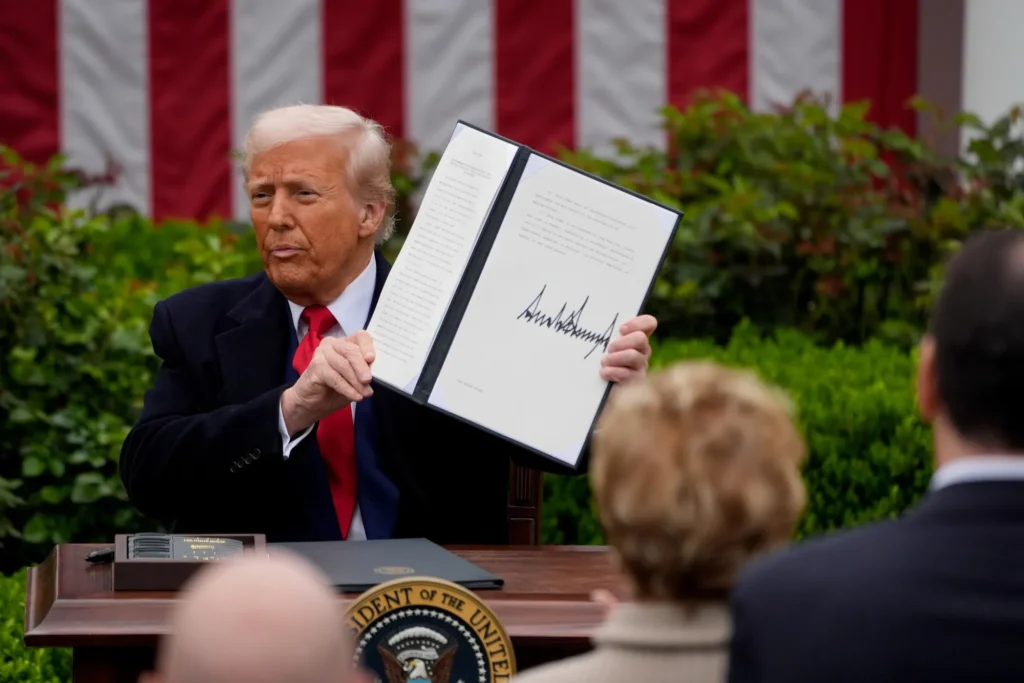
Former President Donald Trump is once again making headlines with his latest push for aggressive tariffs on imported goods. As economic discussions heat up ahead of the 2024 election, experts weigh in on how these policies could reshape trade, inflation, and global relations.
The Return of Trump’s Tariff Strategy
Trump, a longtime advocate of protectionist trade policies, has reportedly been in talks with advisors about imposing sweeping tariffs if he returns to office. His previous tenure saw stiff levies on Chinese goods, steel, and aluminum—policies that sparked both praise and backlash.
Now, with the U.S. economy facing inflation and supply chain uncertainties, Trump’s renewed tariff push could have far-reaching consequences.
Potential Economic Impacts
- Consumer Prices: Higher tariffs often lead to increased costs for imported goods, which could drive up prices for everyday items.
- Trade Wars: Retaliatory measures from trading partners, particularly China and the EU, may escalate tensions.
- Domestic Industries: Some U.S. manufacturers could benefit from reduced foreign competition, while others reliant on imports may struggle.
Global Reactions and Negotiations
International leaders are closely monitoring these developments. Past tariff wars under Trump led to strained relations, and a new round could disrupt fragile economic recoveries post-pandemic.
What’s Next?
As discussions continue, economists and policymakers debate whether tariffs will protect American jobs or worsen economic instability. With the election looming, trade policy remains a key battleground.



